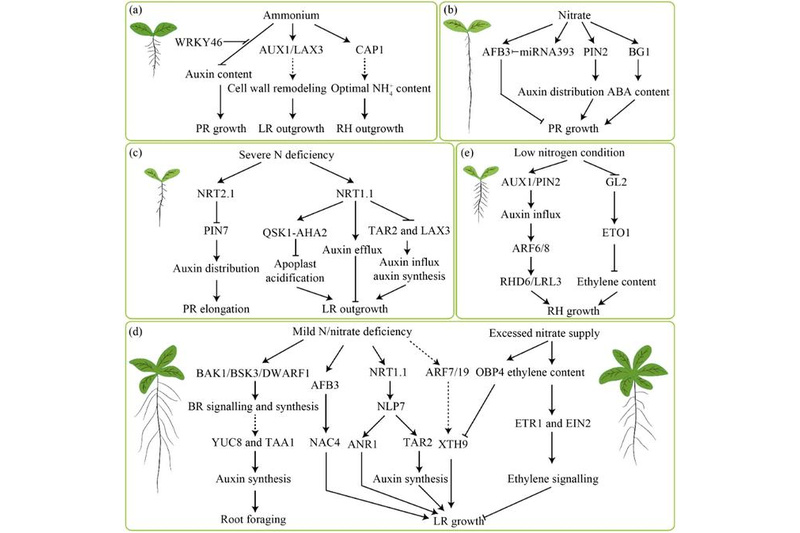
Norway’s Fish Farming: A Future Key Resource Like Oil

The fish farming industry can be one of the most important sources of value creation in Norway’s future. “The long-term view that steers knowledge development can give Norwegian fish farming the same important role that oil has had,” says Harald Sveier, Senior Reseacher in EWOS Innovation.
Senior Researcher Harald Sveier of EWS Innovation has recently, together with 30-some other industry actors, worked out a scenario for Norwegian fish farming. The work takes place in the fish farming program’s scenario project “Fish Farming 2020”. He thinks it is positive that the Research Council of Norway carries through the development of future knowledge strategies for fish farming and that they involve those who work in the business. The industry itself has a responsibility to stimulate the greater long-term view, and to contribute to a sensible work split between science and industry development, feels Sveier.
In the thirty years that fish farming has existed in Norway, the industry has been characterised by a high rate of change and increased competency and knowledge development.
“If Norway is to succeed with fish farming, it is absolutely necessary that scientists and industry actors think together strategically concerning important research needs. It is also instrumental for the future of ocean fish farming that we manage to put research priorities into a greater perspective,” says Harald Sveier of EWOS Innovation, one of the largest feed companies in the fish farming industry.
Harald Sveier, who has great experience in the industry, is pleased that the Research Council of Norway invites industry actors to define the most important knowledge needs in the future.
“The fish farming program plays an important role for value creation in coastal Norway. It shows that new knowledge and competence needs arise all the time. The old slogan – innovate or die – is a good description of the challenges that the industry is facing,” he points out. The industry itself has extensive privately financed research. EWOS Innovation has, for example, more than 70 employees, of whom 20 are researchers. This research activities is mainly financed by our parent company.
The scenario project “Fish Farming 2020” has, not surprisingly, focused on the basic science needs that the industry is facing today and is important for the future development and profitability in the industry. Some examples include: access to raw feed, fish nutritional needs, co-ordination between the species and environment, fish health, technology development and market development.
The scenario process can make it easier to understand the co-ordination needed between research, the authorities and the industry. Not least, it is important to develop an active attitude toward many of the uncertainties that impact the industry in the long term. Likely, it will experience difficult choices about what direction to take and what has to be prioritised in knowledge development in the years to come.
Would different groups of society to a greater extent accept genetically modifications of fish farms products or would we experience a stronger green wave? Would the industry experience more deregulation or increased regulation?














